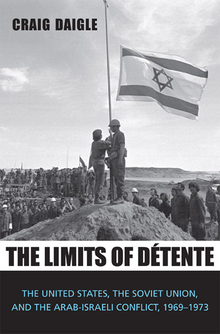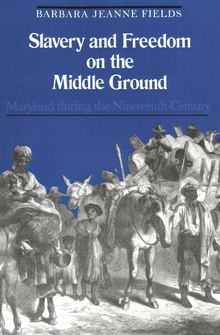The Limits of Détente
WARNING
You are viewing an older version of the Yalebooks website. Please visit out new website with more updated information and a better user experience: https://www.yalebooks.com
The United States, the Soviet Union, and the Arab-Israeli Conflict, 1969-1973
Craig Daigle
In the first book-length analysis of the origins of the October 1973 Arab-Israeli War, Craig Daigle draws on documents only recently made available to show how the war resulted not only from tension and competing interest between Arabs and Israelis, but also from policies adopted in both Washington and Moscow.
Between 1969 and 1973, the Middle East in general and the Arab-Israeli conflict in particular emerged as a crucial Cold War battleground where the limits of détente appeared in sharp relief. By prioritizing Cold War détente rather than genuine stability in the Middle East, Daigle shows, the United States and the Soviet Union fueled regional instability that ultimately undermined the prospects of a lasting peace agreement. Daigle further argues that as détente increased tensions between Arabs and Israelis, these tensions in turn negatively affected U.S.–Soviet relations.
Craig Daigle is assistant professor of history at the City College of New York.
“A must-read book for everyone interested in Soviet-American relations in the Middle East.”—Douglas Little, Clark University
Publication Date: October 30, 2012
35 b/w illus.








